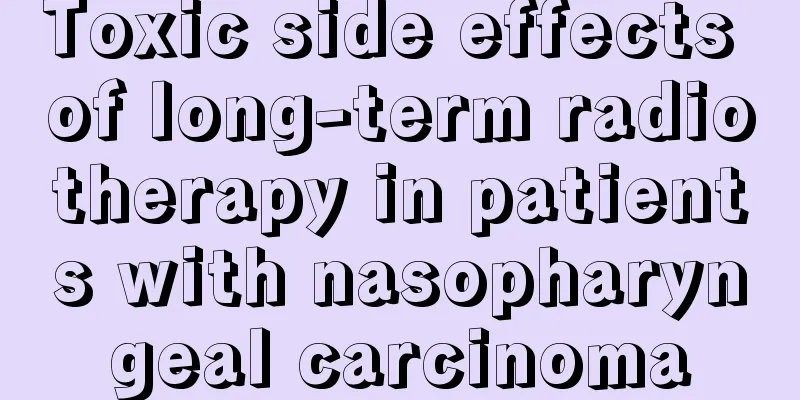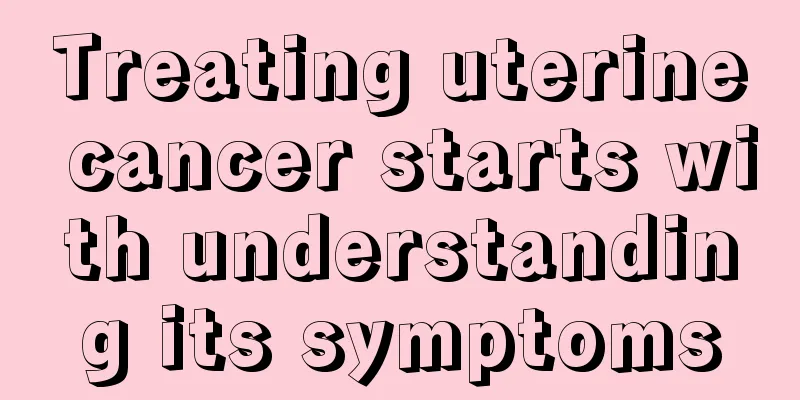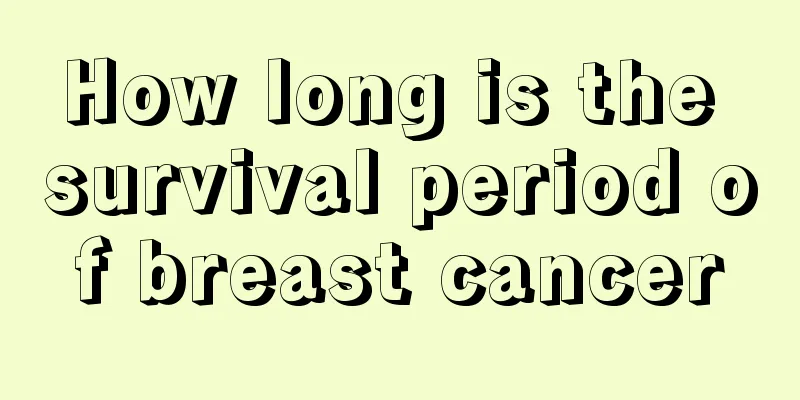Toxic side effects of long-term radiotherapy in patients with nasopharyngeal carcinoma

|
For patients with advanced nasopharyngeal carcinoma, radiochemotherapy is the first choice. With the continuous maturity of medical technology and the increasing accumulation of clinical experience, the survival rate of nasopharyngeal carcinoma patients after radiotherapy has greatly improved. People have begun to pay attention to the quality of life after radiotherapy. So what are the side effects of long-term chemotherapy? Damage to the skull base, brain stem, spinal cord, eyes The nasopharynx is close to important organs such as the skull base, brainstem, spinal cord, and eyes. Its main metastasis mode is lymphatic metastasis. According to statistics, more than 60% of patients seek medical treatment for neck lumps, so it is easier to invade our neck. The most common sequelae after radiotherapy are dry mouth caused by parotid gland damage, difficulty opening the mouth due to damage to the masticatory muscles and temporomandibular joints, and difficulty swallowing caused by radiation damage to swallowing structures such as the throat and esophagus. The dysfunction of these tissues seriously affects the quality of life of patients. Can cause brain damage Long-term chemotherapy can cause brain damage, such as diffuse leukoencephalopathy, cerebrovascular disease, etc. Patients may experience personality changes, amnesia, mental dullness, transient loss of consciousness, etc. Some people also have increased intracranial pressure, and the consequences are relatively serious. Causes difficulty swallowing Dysphagia is a common symptom in the late stage of nasopharyngeal carcinoma. It is also one of the major complications after long-term radiotherapy, with an incidence rate of 70% to 80%. Severe patients can only take liquid food, resulting in malnutrition, weight loss, and serious impact on disease recovery; aspiration pneumonia caused by dysphagia is also a major cause of death after radiotherapy. Damage to the auditory system Because my country's current radiotherapy technology is not yet perfect, the areas near the ear, temporal area and brainstem cannot be completely avoided during radiotherapy. This part will be affected by radiation, mainly causing damage to the auditory system, causing otitis media, auditory nerve damage or mixed deafness, etc. |
<<: Three dietary treatments for nasopharyngeal cancer
>>: Is colon cancer contagious?
Recommend
What are the diseases of the testicles?
The testicles are an important organ in the male ...
These are the reasons why white blood cell count is high!
Many people are told that their white blood cell ...
How effective is lung puncture for lung cancer treatment? Lung puncture has high requirements for doctors
Lung cancer mostly occurs in the elderly. Most pa...
The difference between massage oil and essential oil
Many people use essential oils when massaging. Th...
Four key points in nursing patients with advanced liver cancer
Liver cancer is very harmful to people's heal...
How to treat lymphedema
Lymphedema, also known as elephantiasis, is a com...
What is the reason for blood in the stool
When the human body is under normal conditions, t...
Methods of nursing care for pituitary tumors
Postoperative care for pituitary tumors is also a...
Can glass cups be frozen in the refrigerator?
There is absolutely no problem in putting the gla...
Rheumatoid arthritis in fingers
Rheumatoid arthritis of the fingers is a relative...
What happens if you put raw eggs in salt water
Generally speaking, raw eggs will float when plac...
Where is the best place to treat endometrial cancer
Endometrial cancer is a common disease. This dise...
Can Moneywort treat urinary tract infection?
Centella asiatica has a good effect of clearing a...
Does the fetal heart rate appear at the latest in three months?
The early pregnancy refers to the period from con...
What are the precautions for nursing breast fibroids
There are many patients with breast fibroids arou...









